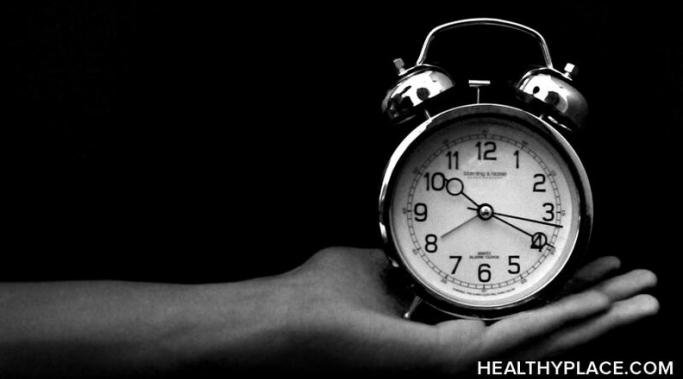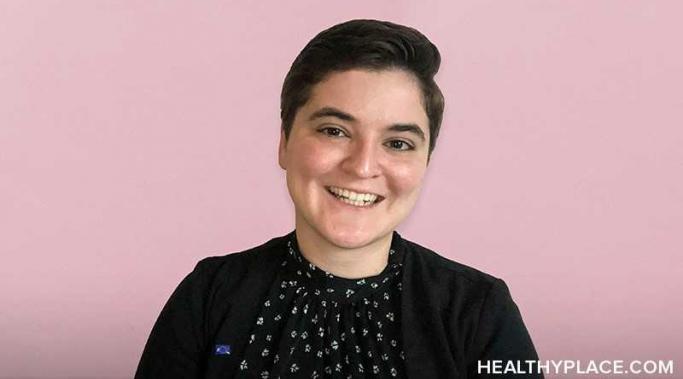Living with complex posttraumatic stress disorder (PTSD) is hard and it often makes life feel like a struggle. You may struggle to get out of bed, do your daily chores, put on a good face for those around you, or you may even feel like it's a struggle to live.
Trauma! A PTSD Blog
Posttraumatic stress disorder (PTSD) and insomnia can go hand-in-hand. Insomnia is one of the most common sleep disorders in the world. With around 10-30% of the general population suffering from insomnia, it's normal to know a friend or two that has trouble sleeping at night. Because insomnia is such a common condition, it's often left out of the discussion around posttraumatic stress disorder. But with sleep disturbances proven to increase daily distress and dysfunction in the 80-90% of PTSD patients with insomnia, it's a PTSD symptom that shouldn't be forgotten.
It takes time, but you can heal the emotional pain of complex posttraumatic stress disorder (PTSD). Living with PTSD brings intense emotional pain. Complex PTSD comes from many incidences of interpersonal trauma. This results in often unbearable hurt as you consider all of the people in your life who have let you down or abused you. Sometimes, it can feel as if it's a gaping wound in your soul that will never heal.
Flashbacks are one of the main symptoms of posttraumatic stress disorder (PTSD), but many people haven't heard of a PTSD body memory flashback. I experience PTSD body memory flashbacks. Here's what they feel like.
Posttraumatic stress disorder (PTSD) nightmares make life tiring. When you live with PTSD nightmares plus anxiety, depression, hypervigilance, and flashbacks (all common occurrences in the day-to-day lives of people with PTSD), it's no wonder around 70-91% of people with PTSD have trouble sleeping at night.
Did you know that using art for posttraumatic stress disorder (PTSD) can help you cope with the symptoms of PTSD?
When I explain my posttraumatic stress disorder (PTSD) startle response to people who don't have much knowledge about the disorder, I like to describe my brain as being "stuck in survival mode." It's the easiest way to describe how I feel to people who don't have PTSD because everyone understands what "survival mode" means.
Posttraumatic stress disorder (PTSD) makes it easy to continually beat yourself up when you have challenging moments and struggles. This just leads to getting stuck in a trap of self-defeat that falsely makes you believe there is no hope for overcoming PTSD. One of the essential things needed for you not to find yourself stuck, however, is self-acceptance.
My name is Bethany Avery, and I suffer from complex posttraumatic stress disorder (C-PTSD). I started showing symptoms of C-PTSD when I was 16 years old, and I first sought treatment for my disorder when I was in college. Finding solid footing in the shaky world that C-PTSD creates has been a tough but important battle, and I’m excited to share my story and coping methods as part of the "Trauma! A PTSD Blog" at HealthyPlace.
When you live with complex posttraumatic stress disorder (PTSD), flashbacks can be one of the most frustrating parts of it. You may go days, weeks, or months without one, then suddenly, bam, you’re hit with a new, frustrating flashback.









